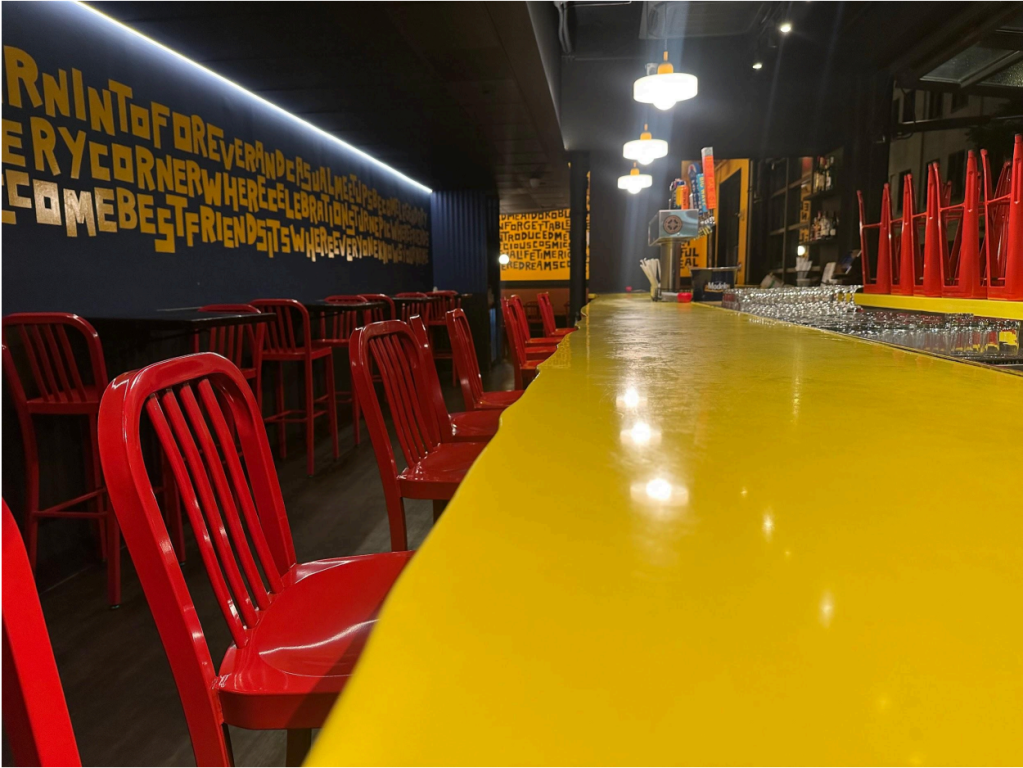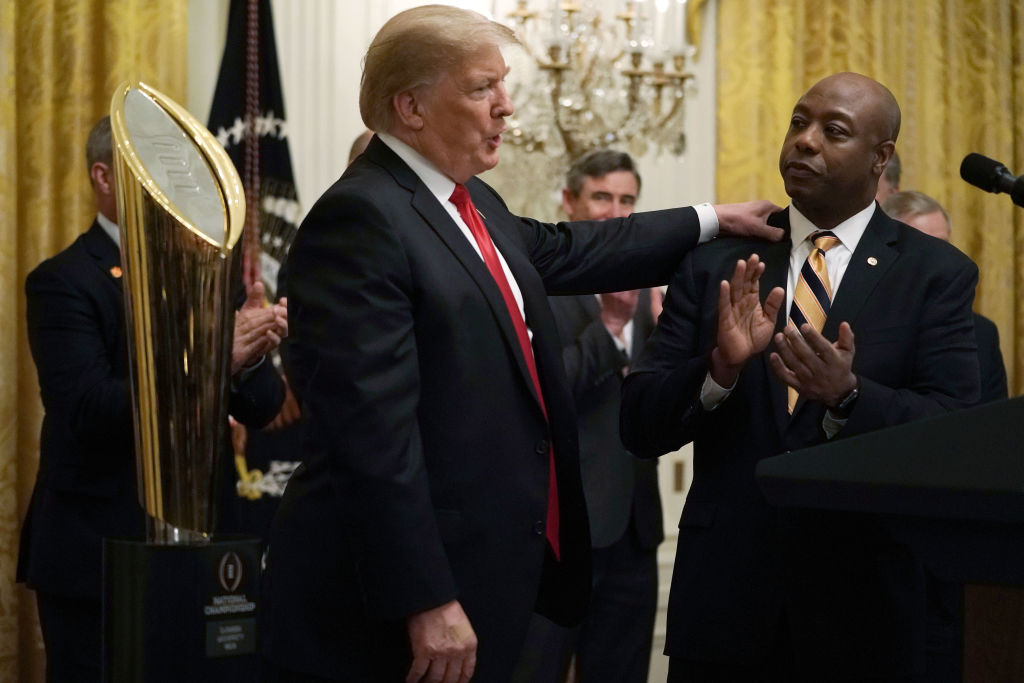Inside A DC Chef’s Struggle Under Trump’s Federalized City
‘Business Is Booming?’ Not for Everyone: Inside A DC Chef’s Struggle Under Trump’s Federalized City

On any given evening along 8th Street NW, the glow from Doro Soul Food’s windows cuts through a tense Washington night. Inside, the hiss of hot oil mingles with the scent of berbere spice, a warm, earthy blend of chili peppers, garlic, ginger, fenugreek, cardamom, coriander, cumin, cinnamon, and cloves, with a faint trace of nutmeg that hangs in the air. It’s the smell of home and heritage, layered over the crackle of fried chicken and the buttery sweetness of cornbread. At Doro, soul food meets Ethiopia. That means collard greens share the plate with buttermilk ayib pie for dessert, and every dish tells a story about migration, memory, and belonging.
Inside, Chef Elias Taddesse works the line himself—sleeves rolled up, head down—because he had to cut staff again last week. Outside, the streets are quieter than usual, patrolled by National Guard trucks and the hum of distant sirens. This is the “booming” Washington, D.C., that Donald Trump keeps talking about when he claims that soldiers on street corners have somehow brought prosperity back to a “dangerous” city once out of control.
Doro Soul Food, a relatively new addition to the D.C. community, sits just on 8th Street NW. Blending American soul food with rich Ethiopian flavors, Doro offers a unique dining experience. Chef Elias shares the building with two sister spots—Melange, known for its gourmet burgers, and Moya, serving globally inspired tacos. Together, they’ve built something rare in a divided city: a small corner of cultural harmony. But now, they’re trying to keep the lights on in a city reshaped by federal control.
In August 2025, President Trump declared a “crime emergency” in D.C., placed the Metropolitan Police Department under federal oversight, and ordered the deployment of National Guard troops. At its height, more than 800 troops patrolled the streets, with 100 to 200 still active through the fall. Trump has since claimed the move made DC “very safe” and that “businesses are booming.” But inside Doro, the story feels very different.
According to the Guardian, restaurant attendance across the city actually fell by as much as 31% after the troops arrived. This drop directly challenges Trump’s claims of a post-crackdown economic boom.
I sat down with the man behind the kitchen, known simply as “Chef,” to hear firsthand how he, his team, and his community are navigating the pressure and persevering in the heart of a changing D.C. He speaks calmly, without bitterness, but his exhaustion shows. “We were always strong on takeout and delivery,” he says. “But since the Guard came, I’ve seen a big drop, almost 40% down.”
Elias’ story began far from this militarized city. Raised in Ethiopia, he came to the U.S. by way of Minneapolis, starting as a host and working his way up until he found his calling in the kitchen. He fell in love with the fried chicken he first tasted at Popeyes—the crunch, the heat, the joy of it—and imagined fusing that flavor with the spices of home. That idea became Doro Soul Food: a restaurant where diaspora meets comfort, and where community was supposed to thrive.

He launched Doro in the shadow of the pandemic, after closing a previous venture. Within months, the city that was supposed to nurture his comeback was placed under military watch. Trump now touts the policy as a success, saying crime has fallen and restaurants are thriving again. But many D.C. businesses tell another story. OpenTable data shows citywide reservations dropped between 16% and 31% after the deployment. Restaurants from Adams Morgan to Anacostia report slower traffic, especially in the evenings.
For Doro, the drop isn’t abstract. It’s the reason Elias is back behind the stove instead of managing from the front. “We lost a lot of delivery guys,” he says, referring to gig workers on bikes and scooters. “Police are stopping them, asking questions, checking papers. That hurts us too.”
Trump may call it a “booming” economy, but for Elias, it feels like survival mode. “By the second or third week of September, things were supposed to go back to normal, but we haven’t seen that here,” he says.
As for concerns around ICE and law enforcement, he admits the tension runs deep among his staff. “Some of my employees are nervous,” he says quietly. “They don’t even want to walk home after work.”
He does what he can to reassure them, leaning on relationships with local officers who advise him on how to stay compliant—keeping the cars registered, closing early, avoiding being out too late. It’s advice that might sound simple, but it’s also a reminder of the new normal: a city where compliance is a form of survival.
In just a short time on 8th Street, Chef Elias has made major strides. Doro is quickly becoming a staple in the D.C. community. He loves that Howard University students stop by after class, and that Doro has become a small gathering place in the midst of the city’s unease. “I don’t want to leave,” he says. “This is my home now.”
That’s what makes Trump’s triumphal rhetoric ring hollow. He’s declared victory over crime and credited federal troops for reviving the economy. But at Doro, the cost of that “safety” looks like empty tables, fearful workers, and an immigrant chef who keeps cooking anyway.
“We don’t need soldiers to make people feel safe,” Elias says, plating another order of honey-glazed wings. “We need people to feel welcome again.”
In the heart of a city under watch, Doro Soul Food remains a rare kind of resistance. It is a kitchen holding on to warmth in a colder capital.
Matthew Bluford is a junior journalism major and sports administration minor at Howard University from Minneapolis, Minnesota.
SEE ALSO:
Ethiopian Immigrants Live With Fear, Anxiety In Washington
Student Fears Over ICE Dominate Washington Education Meeting











